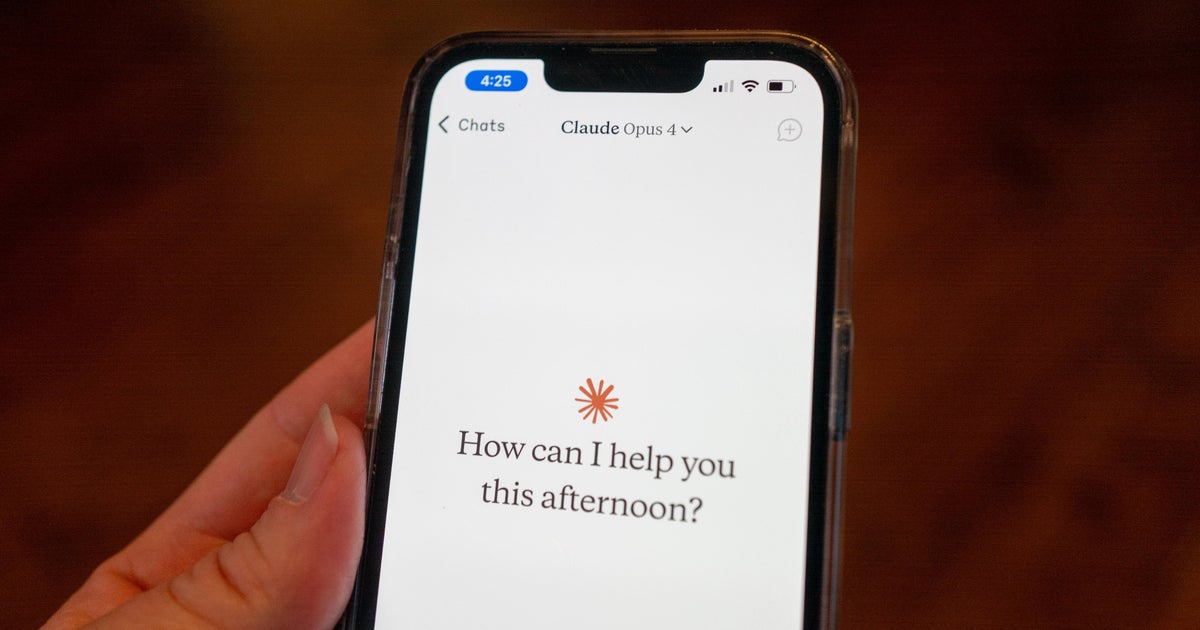Federal Judge Approves $1.5 Billion Copyright Settlement Between Anthropic and Authors
A federal judge has approved a $1.5 billion settlement between AI company Anthropic and authors, resolving copyright and piracy concerns over the alleged use of pirated books.
Subscribe to unlock this story
We really don't like cutting you off, but you've reached your monthly limit. At just $5/month, subscriptions are how we keep this project going. Start your free 7-day trial today!
Get StartedHave an account? Sign in
Overview
- A federal judge approved a $1.5 billion settlement between AI company Anthropic and authors over copyright and piracy concerns.
- The settlement addresses Anthropic's alleged use of pirated books, providing compensation for past infringements.
- Authors and publishers are set to receive approximately $3,000 for each book covered by the substantial $1.5 billion agreement.
- This landmark decision aims to resolve disputes regarding intellectual property rights in the context of AI development.
- Crucially, the approved settlement applies only to past works and does not extend to or cover any future works by the authors.
Report issue

Read both sides in 5 minutes each day
Analysis
Center-leaning sources frame this story by emphasizing the "piracy concerns" and the judge's initial skepticism regarding the settlement's fairness to authors. They highlight Anthropic's use of "shadow libraries" and the "systematic acquisition and destruction" of books, portraying the settlement as a necessary check on AI companies' power. This narrative underscores the contentious nature of AI's data acquisition practices.
Articles (3)
Center (3)
FAQ
The $1.5 billion settlement covers Anthropic's alleged past use of pirated books in training its AI, providing compensation for copyright infringement related to those past works.
Authors and publishers are set to receive approximately $3,000 for each pirated book covered by the settlement agreement.
No, the approved settlement explicitly applies only to past works and does not cover or extend to any future works by the authors.
The settlement is likely to become a benchmark for other pending copyright lawsuits against AI firms, potentially influencing damages negotiations and encouraging AI developers to adopt proactive licensing and stricter data governance to mitigate risk.
The settlement highlights the need for AI developers and users to implement robust compliance and licensing strategies to avoid legal risks, including securing authorized content for training data and guarding against infringement claims.
History
- This story does not have any previous versions.


